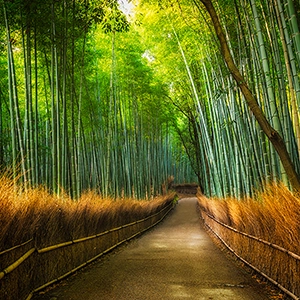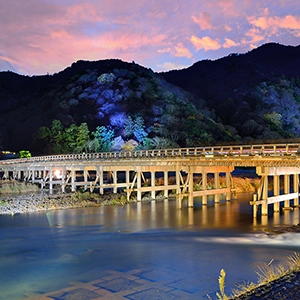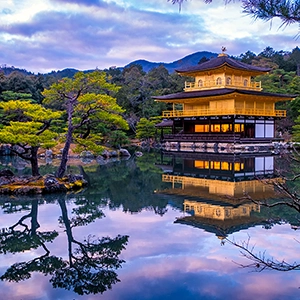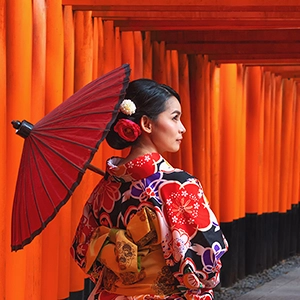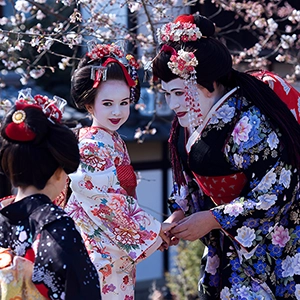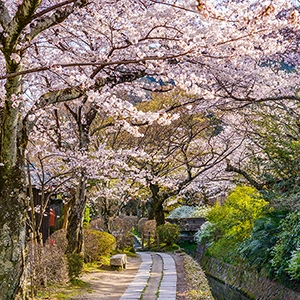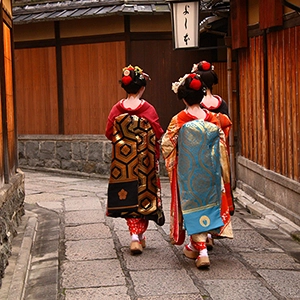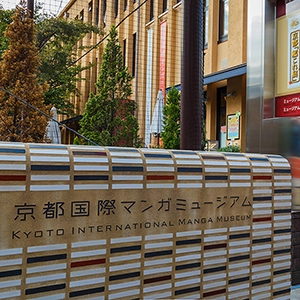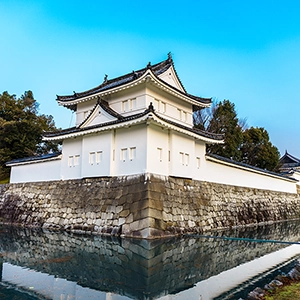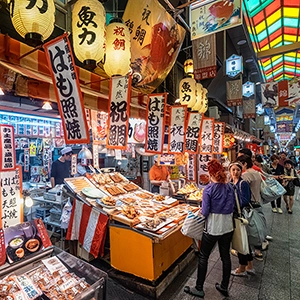Iwatayama Monkey Park: An Enchanting Encounter With Japan's Native Primates
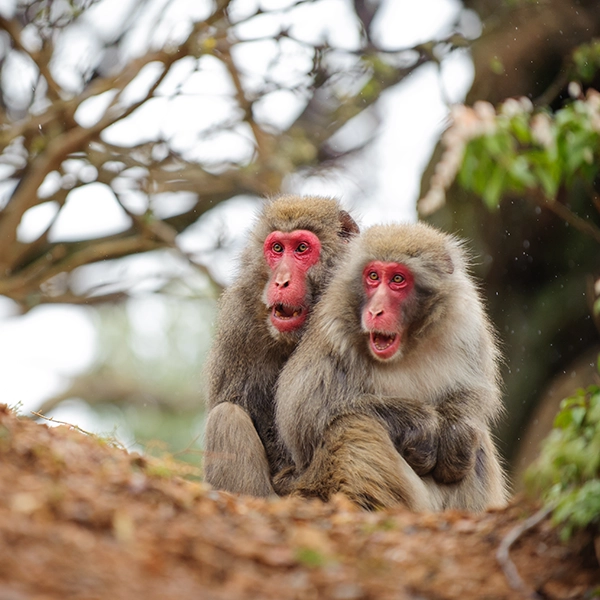
Nestled amidst the breathtaking landscape of Kyoto, Japan, lies a unique sanctuary that takes wildlife interaction to a whole new level — the Iwatayama Monkey Park. This park, home to around 120 Snow Monkeys or Japanese macaques, offers an exceptional opportunity to observe these charming primates in their natural habitat.
A visit to the Iwatayama Monkey Park begins with an invigorating hike. Situated atop Mount Arashiyama, the park requires a 15 to 20-minute uphill walk from the base. This not only allows visitors to absorb the serene beauty of Arashiyama but also serves as a gentle reminder of the monkeys' natural, mountainous habitat.
As you reach the summit, you're greeted with an expansive view of Kyoto city, the Hozu River, and a forest that seems to stretch infinitely. The vista is mesmerizing but sharing the panoramic scenery with a troop of free-roaming monkeys is the real highlight. This is the beauty of Iwatayama Monkey Park: the opportunity to watch monkeys in their natural environment rather than behind bars.
Here, humans are the ones enclosed. Visitors can purchase peanuts, apples, or bananas and feed the monkeys from within a secure hut. The experience is a reversal of typical zoos, reinforcing the park's respect for the primates' freedom and habitat. The monkeys are accustomed to human presence but are not domesticated, maintaining a crucial balance between human-animal interaction and natural behavior.
The Japanese macaques, with their distinctive red faces and grey-brown fur, are a sight to behold. They live in matriarchal societies, and their social dynamics are fascinating to observe. From grooming rituals to playful tussles, and quiet moments of bonding, the park provides a window into the life of these fascinating creatures.
Contrary to many primate parks, Iwatayama Monkey Park emphasizes a strict "no touching" rule to ensure the safety and comfort of both the monkeys and the visitors. This is particularly important as these monkeys are wild animals and can react unpredictably if they feel threatened. Park guides are always present to ensure that visitors follow these rules and to provide insightful information about the macaques' behaviors, diet, and social structure.
Apart from the captivating monkey encounters, Iwatayama Monkey Park also houses a small information center that shares insights into the life cycle, diet, and behavior of the Japanese macaque. Interactive exhibits and displays allow visitors to delve deeper into the world of these remarkable creatures, making the visit not only enjoyable but also educational.
A trip to Iwatayama Monkey Park is more than just an excursion; it's an immersive experience that bridges the gap between humans and nature. It's a celebration of coexistence, a testament to the harmony that can exist between wildlife and humans when respect and understanding guide the relationship.
The park is a stark reminder of the importance of conservation and respect for wildlife. It's a sanctuary where humans can watch, learn, and interact with animals without intruding on their freedom, a place that encourages a sense of stewardship for our planet and its diverse inhabitants.
In conclusion, Iwatayama Monkey Park in Kyoto, Japan, offers an unparalleled wildlife experience. Its unique model of human-wildlife interaction, the natural beauty of its location, and the enchanting charm of its resident macaques make it a must-visit destination for nature lovers, wildlife enthusiasts, and anyone seeking a deeper connection with the natural world.
In the heart of Japan's cultural capital, amidst the tranquil bamboo groves of Arashiyama, awaits a journey that promises to engage, educate, and inspire. So, the next time you find yourself in Kyoto, remember to carve out time to visit the Iwatayama Monkey Park. It's not just a place to see monkeys but a unique setting where you can witness the harmony of coexistence, observe the intricacies of macaque society, and take a moment to reflect on our own place within the vast, interconnected web of life.
In this park, the lines between observer and observed blur, and it is in this space that we can truly appreciate the beauty and complexity of the natural world. Here, the Japanese macaques are not mere exhibits but beings living out their lives in their own society, and we, the humans, are the privileged guests allowed a glimpse into their world.
Educational programs offered by the park add to the richness of this experience. These are aimed at promoting understanding and empathy towards these wonderful creatures, and they underscore the significance of conservation efforts to preserve their habitats.
The Iwatayama Monkey Park's commitment to ethical animal tourism sets it apart. It exemplifies how tourism and conservation can work hand-in-hand, fostering appreciation for wildlife while ensuring their protection and freedom.
The park is also a testament to the harmony of blending urban development with nature. Despite being located in one of Japan's most bustling cities, it maintains a serene, untouched ambiance that offers a refreshing respite from the hustle and bustle of city life.
In essence, Iwatayama Monkey Park isn't just a destination; it's an experience. A journey that takes you through verdant paths, towards breathtaking panoramas, and into close encounters with captivating wildlife. It's a slice of paradise where one can disconnect from the digital world and reconnect with nature.
Whether you're a seasoned traveler, a budding naturalist, or a family seeking a unique, fun, and educational outing, the Iwatayama Monkey Park promises a memorable experience. It's a place where each visit contributes to a broader understanding and appreciation of our world, a place that leaves you with a sense of wonder and a renewed commitment to protect the natural world.
So pack your bags, put on your hiking shoes, and prepare for an unforgettable journey to Iwatayama Monkey Park. Watch the monkeys frolic, feed them under supervision, learn about their lives, and take away memories and lessons that will last a lifetime. Your adventure awaits!

